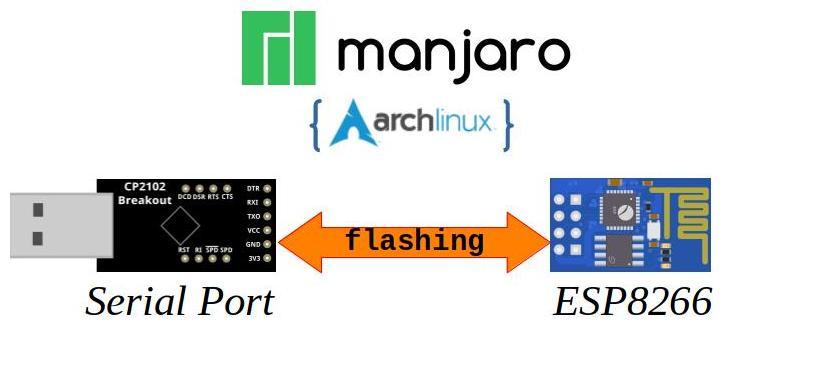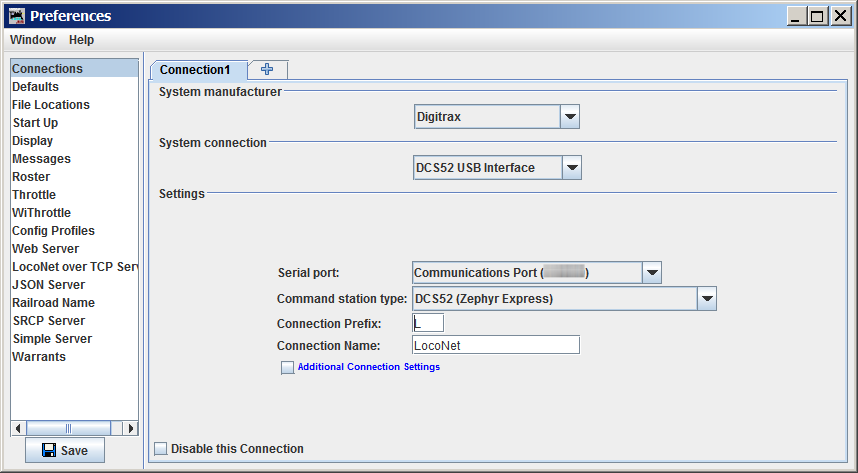Download Zephyr Port Devices Driver
Configuration Options¶
Related configuration options:
A library of over 250,000 device drivers, firmware, BIOS and utilities for Windows. The rename of the driver needs to be complete within one commit, not split across two. The way the same device can be supported with two different bus interfaces can be done better by following existing examples, such as st,lis2dh or bosche,bme280.
API Reference¶
gpio_interfaceGPIO Driver APIs.
Defines
GPIO_DECLARE_PIN_CONFIG_IDX(_idx)¶
GPIO_DECLARE_PIN_CONFIG¶
GPIO_PIN_IDX(_idx, _controller, _pin)¶
GPIO_PIN(_controller, _pin)¶
GPIO_GET_CONTROLLER_IDX(_idx, _conf)¶
GPIO_GET_PIN_IDX(_idx, _conf)¶
GPIO_GET_CONTROLLER(_conf)¶
GPIO_GET_PIN(_conf)¶
Typedefs
gpio_callback_handler_t¶Define the application callback handler function signature.
Note: cb pointer can be used to retrieve private data through
CONTAINER_OF() if original struct gpio_callback is stored in another private structure.structdevice*port: Device struct for the GPIO device.structgpio_callback*cb: Original struct gpio_callback owning this handleru32_tpins: Mask of pins that triggers the callback handler
Functions
gpio_pin_configure(structdevice *port, u32_t pin, int flags)¶Configure a single pin.

port: Pointer to device structure for the driver instance.pin: Pin number to configure.flags: Flags for pin configuration. IN/OUT, interrupt …
gpio_pin_write(structdevice *port, u32_t pin, u32_t value)¶Write the data value to a single pin.
port: Pointer to the device structure for the driver instance.pin: Pin number where the data is written.value: Value set on the pin.
gpio_pin_read(structdevice *port, u32_t pin, u32_t *value)¶Read the data value of a single pin.
Read the input state of a pin, returning the value 0 or 1.
port: Pointer to the device structure for the driver instance.pin: Pin number where data is read.value: Integer pointer to receive the data values from the pin.
gpio_init_callback(structgpio_callback *callback, gpio_callback_handler_thandler, u32_t pin_mask)¶Helper to initialize a struct gpio_callback properly.
callback: A valid Application’s callback structure pointer.handler: A valid handler function pointer.pin_mask: A bit mask of relevant pins for the handler
gpio_add_callback(structdevice *port, structgpio_callback *callback)¶Add an application callback.
Note: enables to add as many callback as needed on the same port.
port: Pointer to the device structure for the driver instance.callback: A valid Application’s callback structure pointer.
gpio_remove_callback(structdevice *port, structgpio_callback *callback)¶Remove an application callback.
Note: enables to remove as many callbacks as added through
gpio_add_callback().callback. Attempts to remove other registrations on the same device may result in undefined behavior, including failure to invoke callbacks that remain registered and unintended invocation of removed callbacks.port: Pointer to the device structure for the driver instance.callback: A valid application’s callback structure pointer.
gpio_pin_enable_callback(structdevice *port, u32_t pin)¶Enable callback(s) for a single pin.
Note: Depending on the driver implementation, this function will enable the pin to trigger an interruption. So as a semantic detail, if no callback is registered, of course none will be called.
port: Pointer to the device structure for the driver instance.pin: Pin number where the callback function is enabled.
gpio_pin_disable_callback(structdevice *port, u32_t pin)¶Disable callback(s) for a single pin.
port: Pointer to the device structure for the driver instance.pin: Pin number where the callback function is disabled.
gpio_port_configure(structdevice *port, int flags)¶Configure all the pins the same way in the port. List out all flags on the detailed description.
port: Pointer to the device structure for the driver instance.flags: Flags for the port configuration. IN/OUT, interrupt …
gpio_port_write(structdevice *port, u32_t value)¶Write a data value to the port.
Write the output state of a port. The state of each pin is represented by one bit in the value. Pin 0 corresponds to the least significant bit, pin 31 corresponds to the most significant bit. For ports with less that 32 physical pins the most significant bits which do not correspond to a physical pin are ignored.
port: Pointer to the device structure for the driver instance.value: Value to set on the port.
gpio_port_read(structdevice *port, u32_t *value)¶Read data value from the port.
Read the input state of a port. The state of each pin is represented by one bit in the returned value. Pin 0 corresponds to the least significant bit, pin 31 corresponds to the most significant bit. Unused bits for ports with less that 32 physical pins are returned as 0.
port: Pointer to the device structure for the driver instance.value: Integer pointer to receive the data value from the port.
gpio_port_enable_callback(structdevice *port)¶Enable callback(s) for the port.
Note: Depending on the driver implementation, this function will enable the port to trigger an interruption on all pins, as long as these are configured properly. So as a semantic detail, if no callback is registered, of course none will be called.

port: Pointer to the device structure for the driver instance.
gpio_port_disable_callback(structdevice *port)¶Disable callback(s) for the port.
port: Pointer to the device structure for the driver instance.
gpio_get_pending_int(structdevice *dev)¶Function to get pending interrupts.
The purpose of this function is to return the interrupt status register for the device. This is especially useful when waking up from low power states to check the wake up source.
dev: Pointer to the device structure for the driver instance.
status: != 0 if at least one gpio interrupt is pending.0: if no gpio interrupt is pending.
gpio_callback¶GPIO callback structure.
Used to register a callback in the driver instance callback list. As many callbacks as needed can be added as long as each of them are unique pointers of struct gpio_callback. Beware such structure should not be allocated on stack.
Note: To help setting it, see gpio_init_callback() below
Download Zephyr Port Devices Driver Updater
-->This article helps to fix an issue in which Windows 10 doesn't install specific drivers for USB audio devices on the first connection.
Original product version: Windows 10, version 1703
Original KB number: 4021854
Symptom
Download Zephyr Port Devices Driver Manual
When you connect a USB audio device to a Windows 10 Version 1703-based computer the first time, the operating system detects the device but loads the standard USB audio 2.0 driver (usbaudio2.sys) instead of the specific device driver.
Cause
This issue occurs because the USB audio 2.0 driver (usbaudio2.sys) isn't classified as a generic driver in Windows 10 Version 1703. Therefore, the system assumes that a compatible, nongeneric driver is installed for the device even though the driver is generic.
This issue also causes Windows 10 Version 1703 to postpone the search for other compatible drivers through Windows Update that typically occurs immediately after you install a new device.
Resolution
Download Zephyr Port Devices Driver Printer
To fix this issue, use one of the following methods.
Method 1
To resolve this issue, install update 4022716.
Method 2
If the device-specific driver is distributed through Windows Update, you can manually update the driver by using Device Manager. For more information about how to do this, see update drivers in Windows 10.

Method 3
Download Zephyr Port Devices Driver Installer
If the device is not yet connected, first install the device-specific driver, such as by using the appropriate installer. After the device-specific driver is installed, Windows 10 will select that driver instead of the standard USB audio 2.0 driver when you first connect the device.
Note
See the device manufacturer's user guide for specific instructions about how to install the driver.
Download Zephyr Port Devices Driver
Method 4
If the driver isn't distributed through Windows Update, you can manually reinstall the driver. To do this, follow these steps:
Download Zephyr Port Devices Driver Win 7
- Install the device-specific driver (see Method 2).
- Open Device Manager.
- Right-click (or tap and hold) the name of the device, and then select Uninstall.
- Restart the computer.
When it restarts, Windows will try to reinstall the device by using the device-specific driver.
